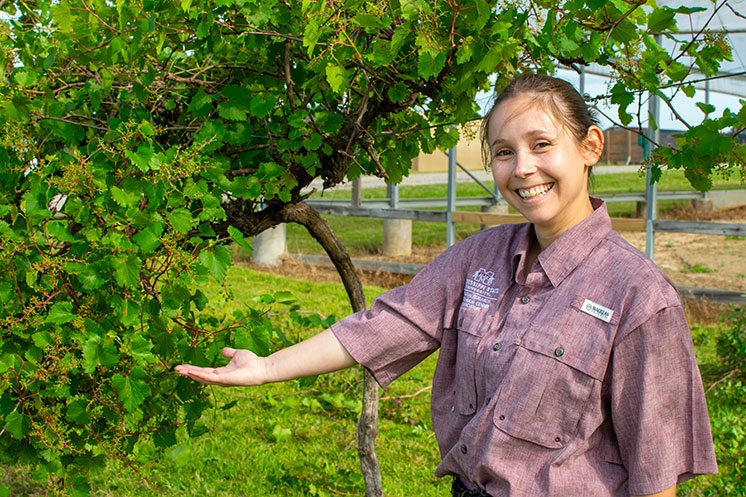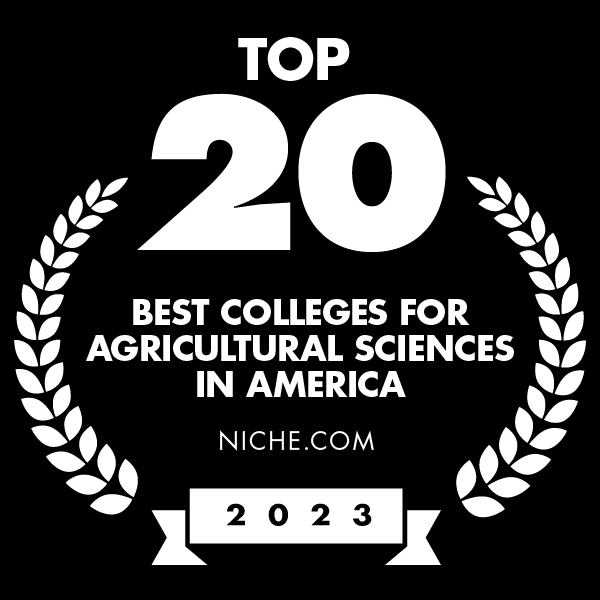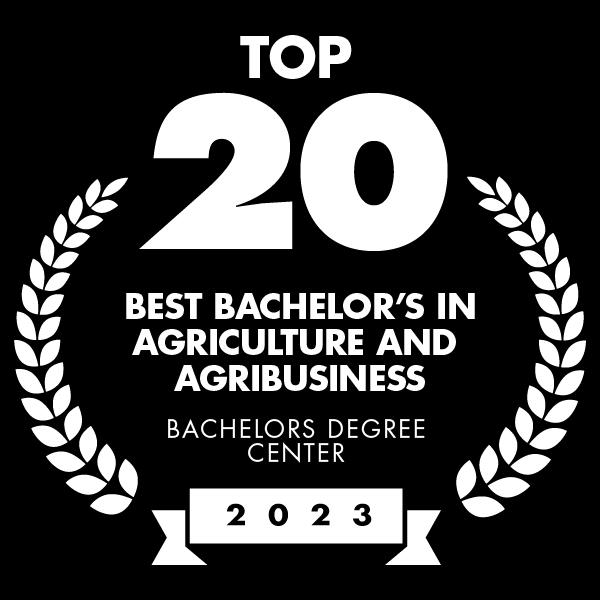The information presented on this page may be dated. It may refer to situations which have changed or people who are no longer affiliated with the university. It is archived as part of Mississippi State University's history.
Our People: Haley Williams
Author: Chloe Madison

Haley Williams (Photo by Jenny Ryals)
From the grapevine to the glass, Mississippi State doctoral student Haley Williams hopes to innovate Mississippi winemaking.
Stationed at the MAFES South Mississippi Branch Experiment Station in Poplarville, Williams has dedicated her studies to enhancing the Midsouth grape—a variety introduced by MSU four decades ago yet slow in adoption among local growers. Her research examines the grapes' sugar levels, acidity, pH balance, antioxidants and anthocyanins, which influence the grapes' coloring. Currently, Williams is investigating viticultural techniques to boost sugar content and overall grape yield.
Williams' journey into winemaking was sparked by an article in MAFES Discovers, a publication showcasing research from the Mississippi Agricultural and Forestry Experiment Station. The feature detailed ongoing work with muscadines and bunch grapes, inspiring the University of Central Arkansas biology graduate to explore viticulture and enology at MSU. The Russellville, Arkansas, native now is pursuing a Ph.D. in plant and soil sciences with a horticulture concentration in MSU's College of Agriculture and Life Sciences.
"I'm excited about the impact my research could have on the small fruit and wine industry of the Deep South, where production is currently minimal. I hope my research will expand the winemaking industry and produce a product unique to Mississippi," she said.
Working under the direction of Eric Stafne, MAFES research professor and extension small fruit specialist, Williams has significantly progressed in her quest to cultivate Mississippi-made wine.
"Working with Dr. Stafne has allowed me to grow in my critical thinking and people skills, while also gaining firsthand experience maintaining perennial small fruit crops, performing and overseeing viticultural practices, and analyzing fruit and wine in a lab setting," Williams said.
Despite the challenges in canopy management research, Williams and Stafne are committed to their mission. They are now exploring the environmental tolerances of different grape varieties, particularly their heat tolerance, to determine how these factors may influence fruit quality.
"Despite our obstacles, the efforts will be worth it when we can produce a local product that is special to this region," Williams said.
Date: 2024-07-03




